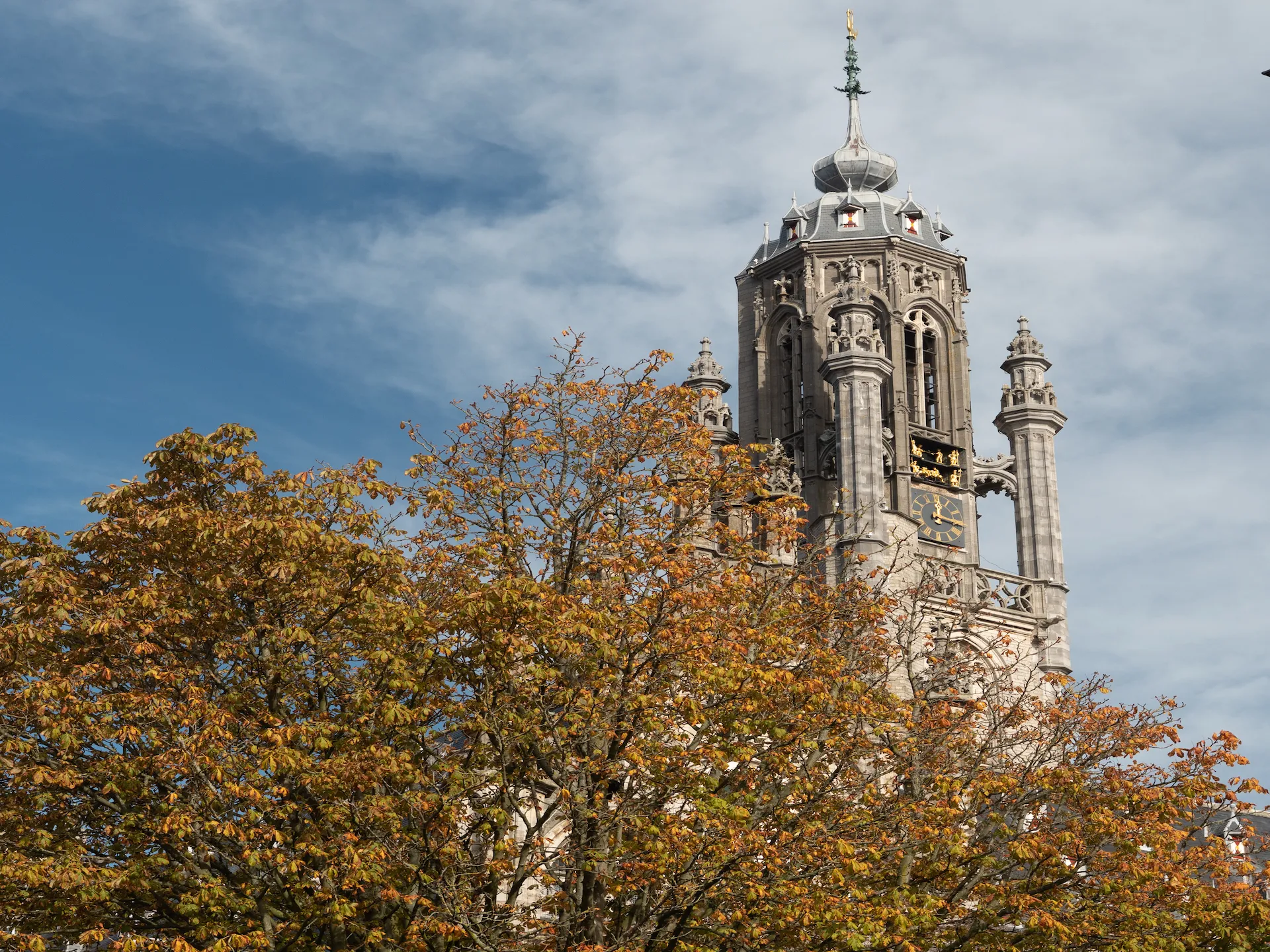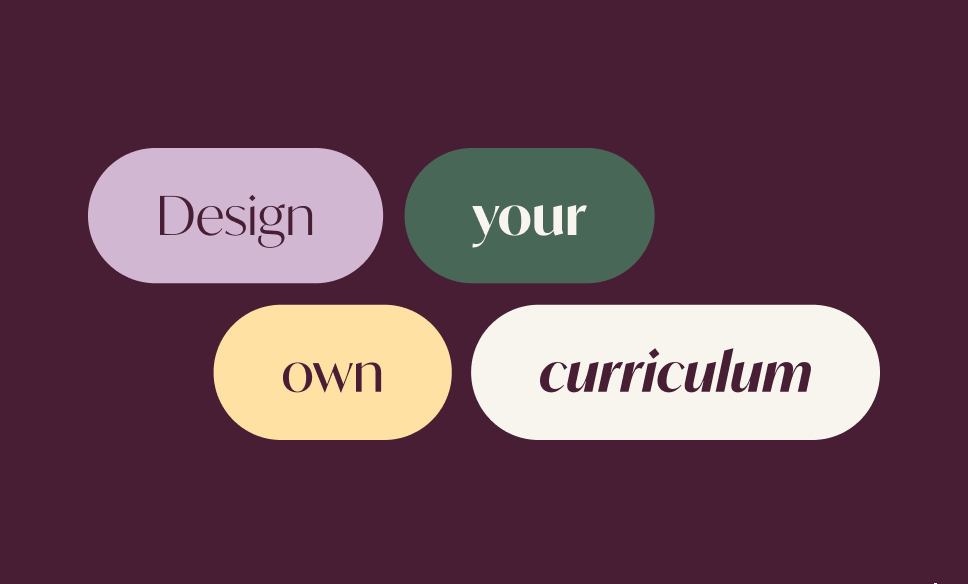Literature
Literature
Part of the Media, Culture & Communication cluster.
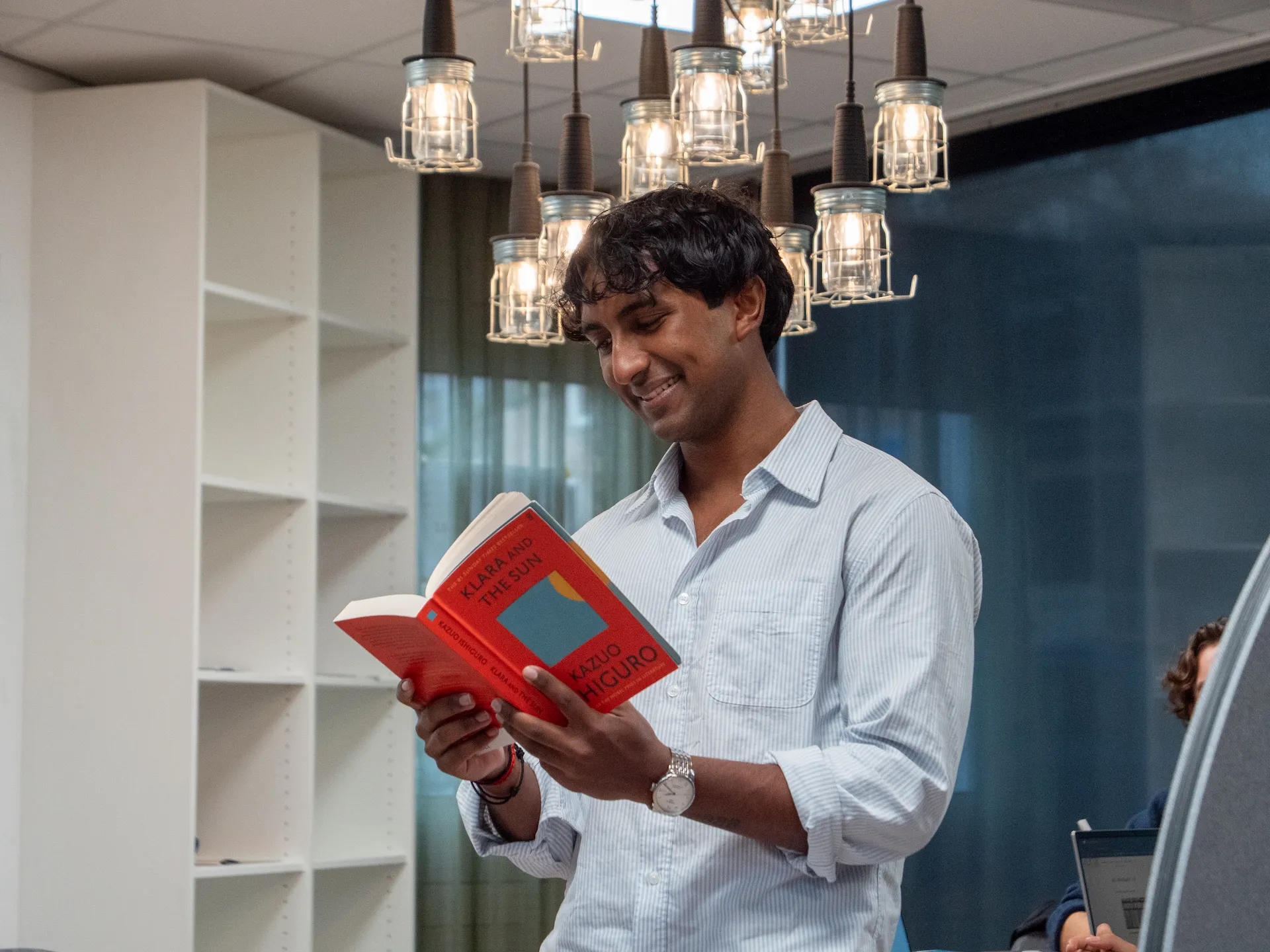
Literature invites you to explore how stories shape our understanding of the world and ourselves. Whether you’re reading ancient myths or graphic novels, analyzing poetry or film, you’ll learn to ask big questions about identity, power, and meaning. You will study texts from across time and cultures, and discover how literature reflects and challenges the values of the societies that produce it. Along the way, you’ll develop the tools to read closely, think critically, and write with clarity and insight.
Courses in Literature
Courses in Literature
Great Literary Works
Great Literary Works
Introduction to Literary Studies
Introduction to Literary Studies
World Myth & Literature
World Myth & Literature
Life and Travel Writing
Life and Travel Writing
Film & Text
Film & Text
Perspectives on Literary Meaning
Perspectives on Literary Meaning
Also consider these options:
Also consider these options:

Media, Culture & Communication
Media, Culture & Communication
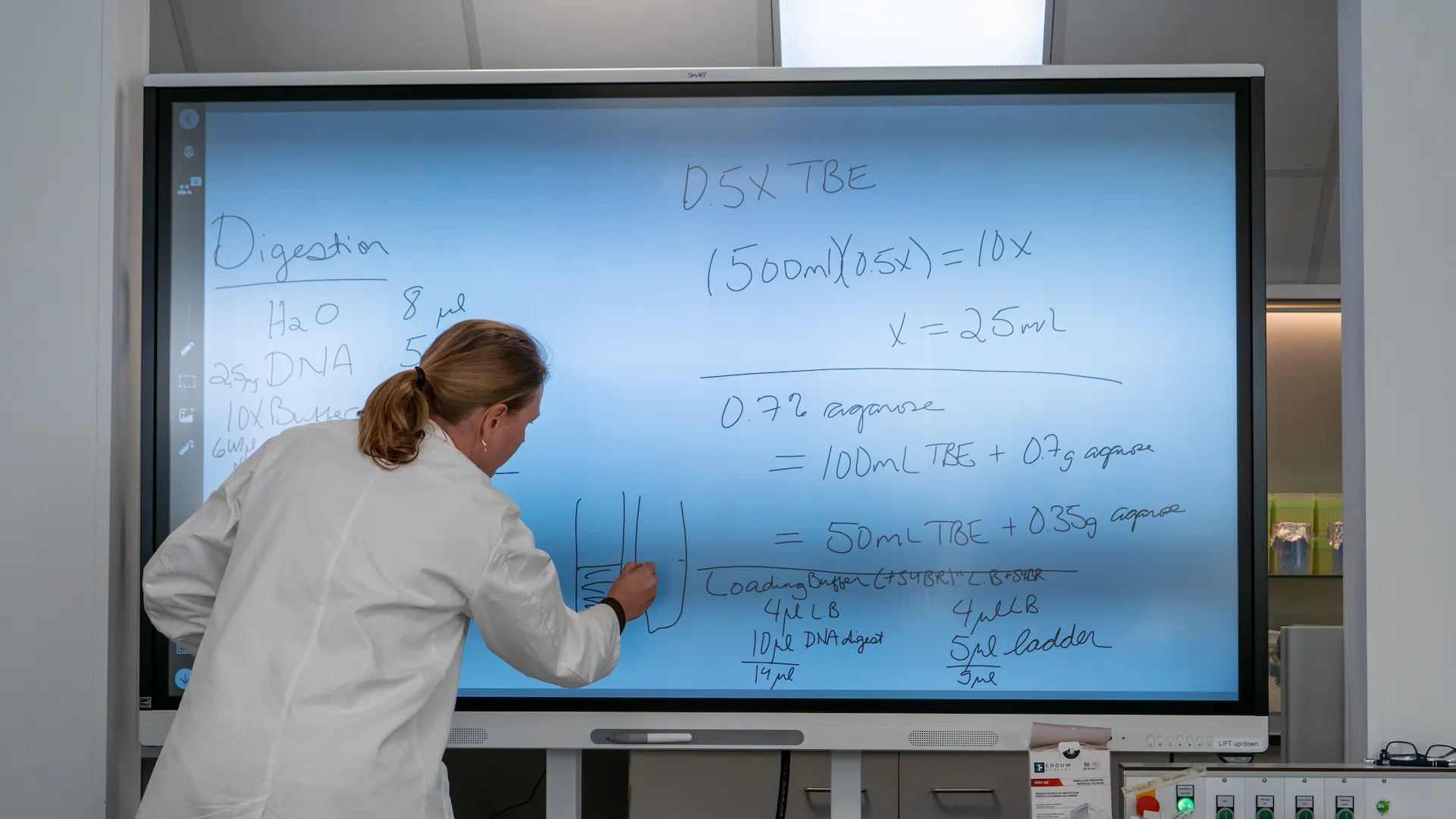
Explore Biomedical Science!
Explore Biomedical Science!
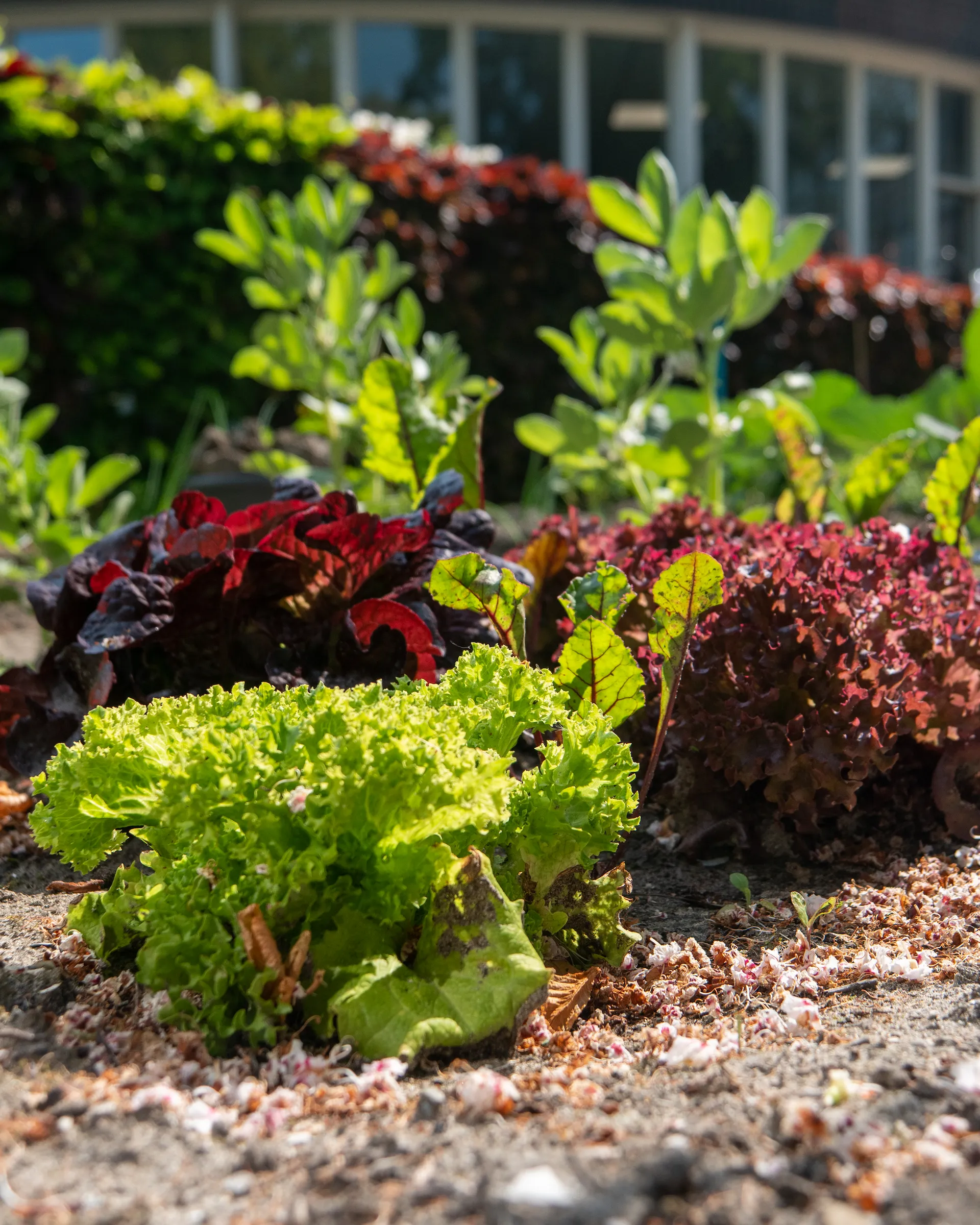
Explore Sustainability!
Explore Sustainability!
The UCR Program Builder is designed to help you easily plan your academic program. Step by step, the tool guides you through selecting courses, building a balanced curriculum, and meeting UCR’s academic requirements.
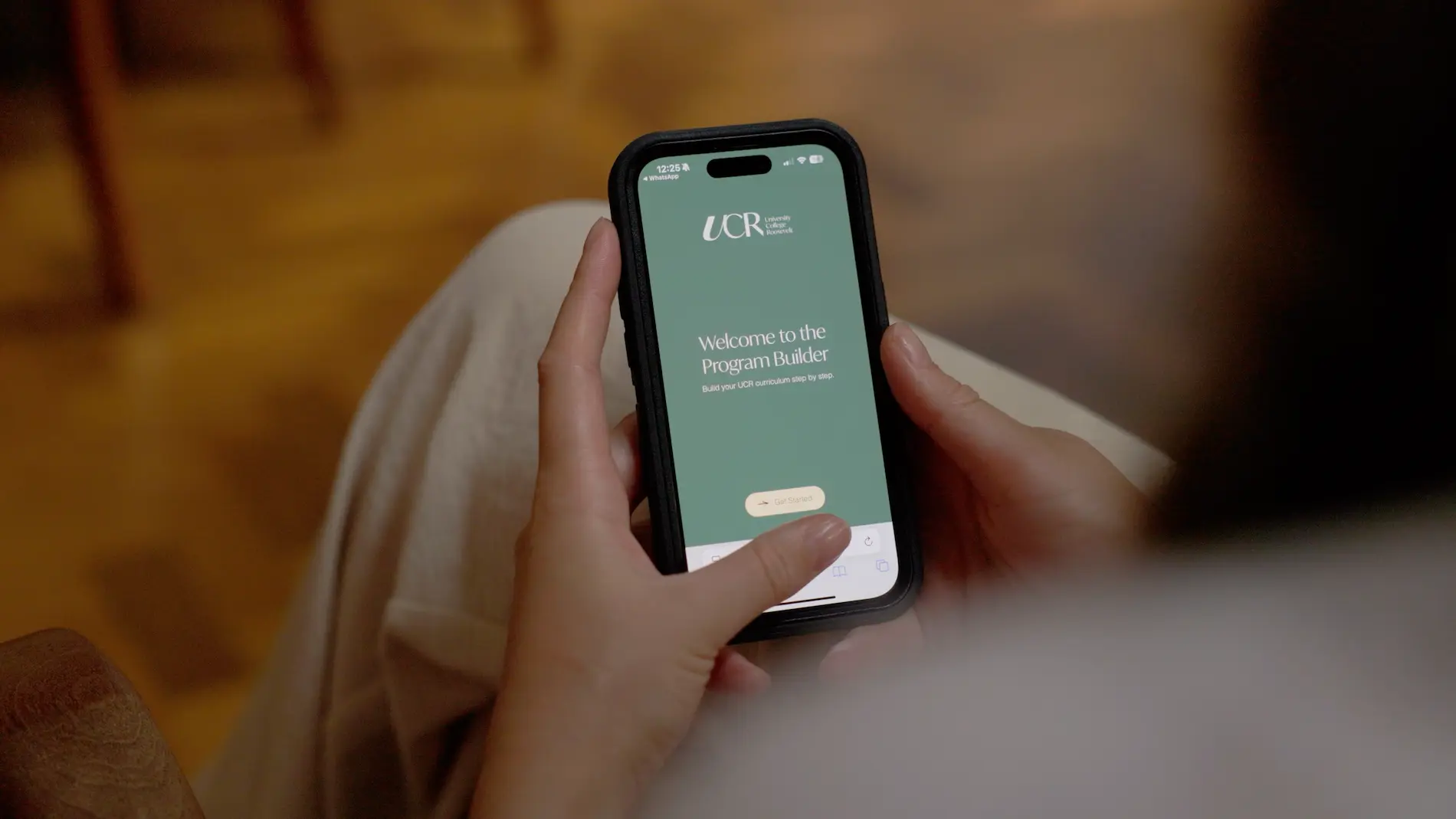
The UCR Program Builder is designed to help you easily plan your academic program. Step by step, the tool guides you through selecting courses, building a balanced curriculum, and meeting UCR’s academic requirements.
